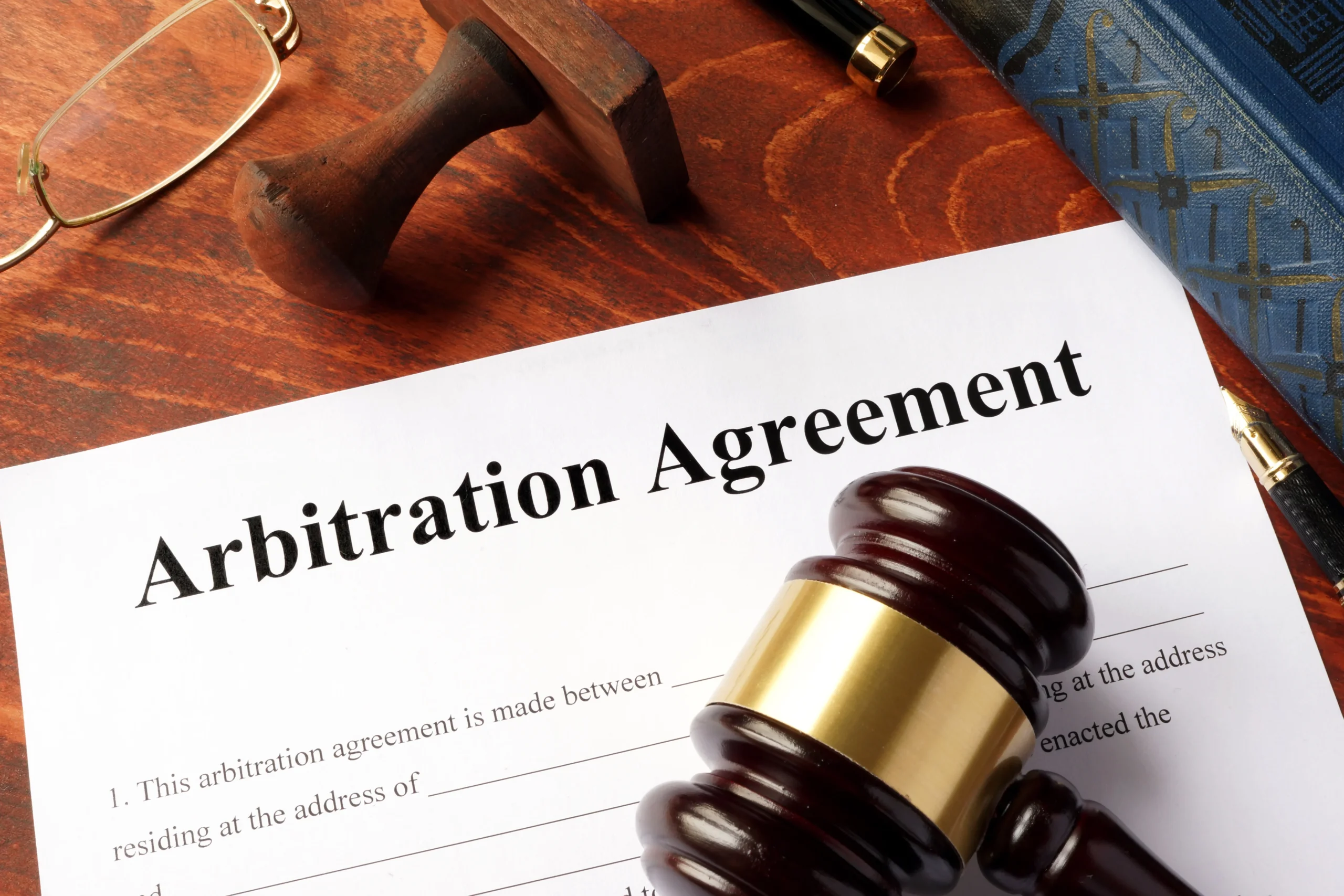In today’s global economy, businesses regularly engage with international partners. When disputes arise, arbitration is often chosen as the preferred method of resolution, thanks to its neutrality, speed, and enforceability. However, the true value of arbitration lies in being able to enforce the final award—especially when one party resides in a different jurisdiction.
For businesses operating in or dealing with the UAE, understanding how to enforce foreign arbitration awards is essential. The good news is that the UAE has built a robust legal infrastructure to support enforcement, aligned with international standards such as the New York Convention. But the process isn’t automatic, and knowing the steps, criteria, and potential pitfalls can make all the difference.
1. The Legal Framework: UAE and the New York Convention
The UAE has been a signatory to the 1958 New York Convention on the Recognition and Enforcement of Foreign Arbitral Awards since 2006. This means that foreign arbitration awards from other signatory states can be enforced in the UAE courts, subject to certain conditions.
In addition to the New York Convention, local laws such as the UAE Civil Procedure Code (as amended by Federal Decree-Law No. 10 of 2018) and the UAE Arbitration Law (Federal Law No. 6 of 2018) provide a detailed roadmap for enforcement.
2. Where to File for Enforcement in the UAE
Foreign arbitration awards can be enforced through:
- Onshore UAE Courts: Applicable for companies operating outside of free zones.
- DIFC Courts: The Dubai International Financial Centre Courts are arbitration-friendly and often used for enforcement due to their streamlined procedures and international outlook.
- ADGM Courts: The Abu Dhabi Global Market Courts offer a similar path, especially for awards rendered under English law or involving international commercial parties.
In many cases, parties use the DIFC or ADGM courts as a ‘conduit jurisdiction’ to enforce foreign awards in the UAE.
3. Key Requirements for Enforceability
To enforce a foreign arbitration award, certain legal criteria must be met. UAE courts will typically review whether:
- A valid and binding arbitration agreement exists.
- The award is final and not under appeal.
- The award does not contradict UAE public policy or morality.
- Proper notice and due process were observed.
- The award was rendered in a country that reciprocates enforcement.
4. Required Documentation
When applying for enforcement, the applicant must submit the following documents:
- The original or certified copy of the arbitration award.
- The original arbitration agreement or a certified copy.
- A certified Arabic translation of the documents, if they are in another language.
- Evidence that the award is final and binding.
Courts may reject the application if documents are incomplete or improperly translated, so attention to detail is critical.
5. Procedural Steps in Enforcement
Step 1: File a Petition
The enforcement process starts with submitting a petition to the relevant UAE court, along with the required documents.
Step 2: Preliminary Review
The court conducts a preliminary review to confirm that the petition meets all formalities.
Step 3: Notification to Respondent
The respondent (debtor) is notified and given a chance to respond or raise objections.
Step 4: Court Decision
If the court finds the petition valid and the award enforceable, it issues an enforcement order.
6. Grounds for Refusal
Despite international conventions, UAE courts may refuse enforcement under specific circumstances:
- Invalid or expired arbitration agreement.
- One party was not given proper notice.
- The arbitration procedure violated due process.
- The award contradicts UAE public policy or Islamic principles.
- The subject matter was not arbitrable under UAE law.
These are interpreted narrowly, but they remain critical considerations.
7. Timeline and Costs
Enforcing a foreign arbitration award typically takes a few months but may be delayed by objections or appeals. Legal fees, court costs, and translation expenses can vary depending on the court and complexity of the case.
Using the DIFC or ADGM courts often results in faster enforcement, especially for awards involving international parties.
8. Strategic Considerations
- Forum Shopping: Consider filing in the DIFC or ADGM for procedural ease.
- Asset Location: Enforcement is meaningful only if the debtor has assets in the UAE.
- Choice of Law and Jurisdiction: These clauses in your contract can impact enforcement ease.
Working with legal counsel early can help map the best enforcement strategy.
Conclusion: Turning Arbitration into Action
Arbitration is only as effective as the ability to enforce its outcomes. Thanks to the UAE’s alignment with global standards like the New York Convention, enforcing foreign arbitration awards is not only possible—it’s practical.
Still, the process requires careful preparation, adherence to legal requirements, and sometimes strategic navigation through UAE courts. Whether you’re an international investor or a regional business, understanding the enforcement landscape can turn a legal win on paper into real-world results.






